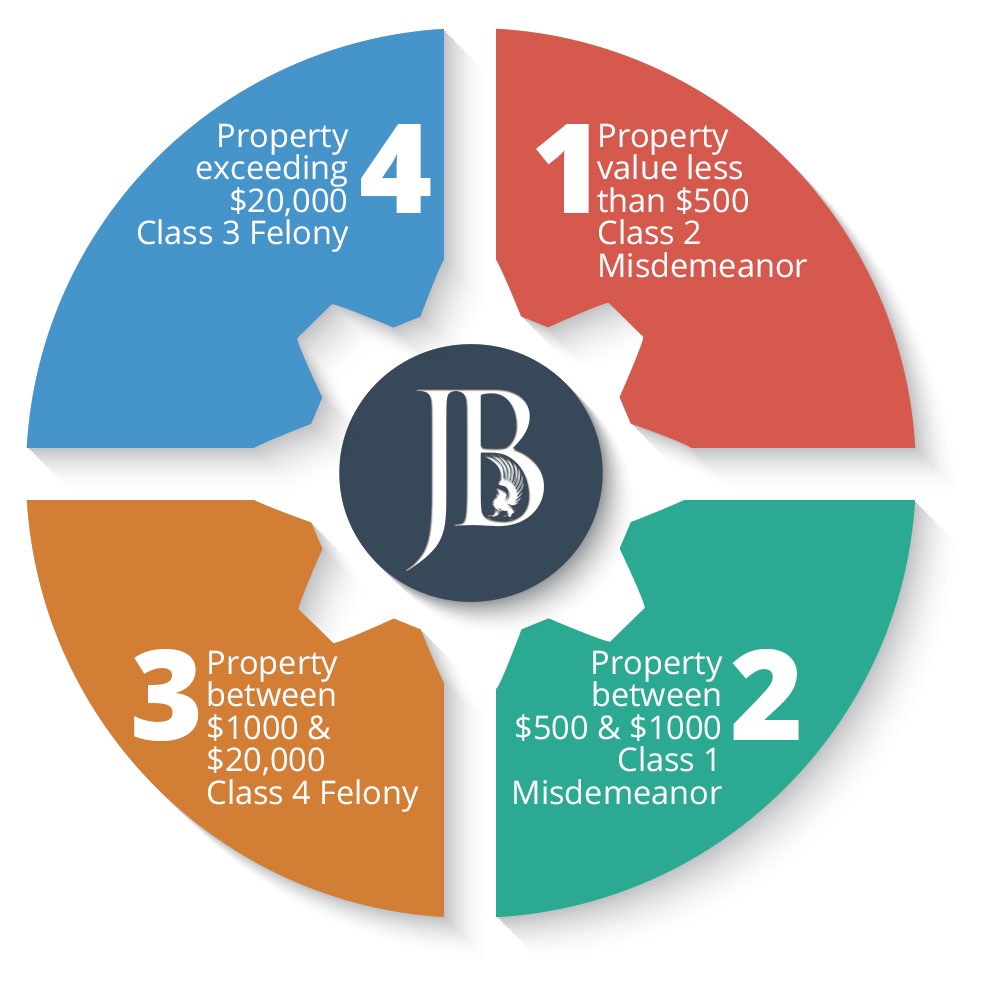Understanding The Criminal Test: A Comprehensive Step-By-Step Break Down
Understanding The Criminal Test: A Comprehensive Step-By-Step Break Down
Blog Article
Material Created By-Donovan Clements
When you enter a criminal trial, you might be stunned by the organized process that unfolds. Everything starts with court choice, where possible jurors are looked at for predispositions through a technique called "voir dire." After that, both sides offer their opening statements, setting the stage for the proof and statements to comply with. You'll see exactly how the prosecution and defense construct their situations, however what occurs next can considerably influence the end result. Recognizing these stages can disclose the complexities of justice, but there's more to uncover regarding the defining moments that adhere to.
Court Option Refine
When it pertains to the court option process, you're diving into an important stage of a criminal trial. This procedure, frequently called "voir dire," involves doubting prospective jurors to guarantee they're unbiased and capable of providing a reasonable decision.
You'll see both the prosecution and defense attorneys participating actively, each aiming to pick jurors who straighten with their case's narrative.
During voir dire, you'll discover that lawyers ask questions about jurors' histories, ideas, and experiences. https://www.politico.com/news/2022/08/09/judge-mar-a-lago-epstein-00050739 is to identify any kind of pre-existing predispositions that can influence a juror's decision. As a juror, you could feel a mix of nervousness and inquisitiveness, yet your honesty is essential.
After questioning, lawyers can test particular jurors for reason if they think a juror can not continue to be impartial. They can additionally make use of a restricted variety of peremptory challenges to dismiss jurors without mentioning a factor.
Test Phases Explained
The stages of a criminal test play a vital function in making sure a fair and structured procedure.
You'll initially run into the opening declarations, where both the prosecution and protection detail their situations. This establishes the stage of what's ahead.
Next, the prosecution provides its proof and witnesses, aiming to confirm the offender's guilt beyond a practical uncertainty. You'll see straight evaluation followed by interrogation, allowing both sides to challenge the here and now info.
After the prosecution relaxes its case, it's the defense's turn. They'll present their evidence and witnesses, typically concentrating on producing reasonable doubt. You'll observe that the defense does not need to confirm virtue; they just require to challenge the prosecution's instance.
Once both sides have provided their arguments, you'll listen to closing declarations, where each party summarizes their instance. This is crucial as it enhances their settings before the court ponders.
Throughout these stages, the judge guarantees that the test complies with legal standards and that the civil liberties of both events are safeguarded.
Recognizing these stages will certainly help you value the complexities involved in a criminal trial and the importance of each action in the pursuit of justice.
Judgment and Punishing
Nevertheless proof has been presented and debates made, the jury or judge delivers a verdict, determining the accused's regret or virtue. If you're part of the jury, you'll deliberate with your fellow jurors, going over the proof and your impacts. This procedure can require time, as you'll wish to make certain everybody agrees on the judgment based on the realities.
Once a verdict is gotten to, it's revealed in court. If the offender is found guilty, the next stage is sentencing. This is when the court determines the ideal punishment. You may discover that different elements influence the sentence, such as the severity of the crime, the defendant's past record, and any kind of mitigating situations.
The court may impose a range of sentences, from penalties and social work to imprisonment. Often, the defense or prosecution can offer debates concerning sentencing, trying to sway the judge's decision.
If the accused is found not guilty, they're acquitted, and no punishment follows. Keep in mind that a guilty judgment can typically cause allures, where the offender might challenge the verdict or the sentence enforced.
Verdict
In a criminal test, you've seen just how essential each action is, from court option to the final judgment. https://abcnews.go.com/US/ahmaud-arberys-killers-judge-rejects-plea-deal-experts/story?id=82605695 have actually adhered to the prosecution and protection as they develop their situations, intending to convince the court. As soon as deliberation wraps up, the verdict figures out the outcome, and if the accused is condemned, the sentencing phase starts. Recognizing these processes aids you appreciate the intricacies of the justice system and the importance of each function in making sure a reasonable trial.
